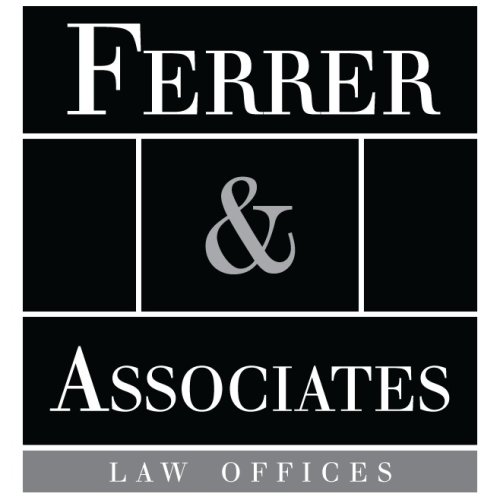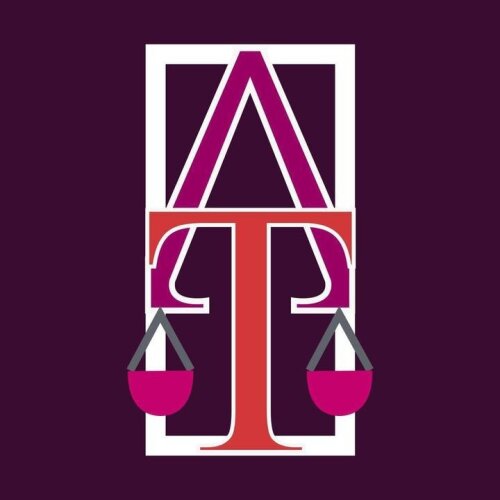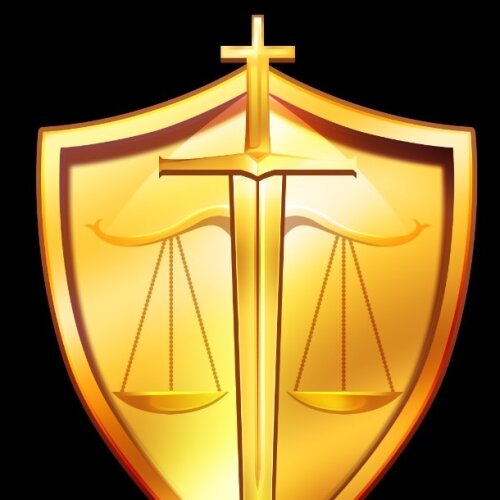Best Child Abuse Lawyers in Quezon City
Share your needs with us, get contacted by law firms.
Free. Takes 2 min.
Free Guide to Hiring a Family Lawyer
List of the best lawyers in Quezon City, Philippines

Dagsaan Monterde Castillo Law and Notary Public (DMC LAW)
15 minutes Free ConsultationAbout Child Abuse Law in Quezon City, Philippines:
Child Abuse is a serious offense in Quezon City, Philippines. The country has implemented strict laws to protect children from any form of harm, abuse, neglect, or exploitation. These laws aim to safeguard the welfare and rights of children, ensuring their physical, emotional, and mental well-being.
Why You May Need a Lawyer:
There are several situations where you may require legal help in cases of child abuse:
- If you suspect or have evidence of child abuse and want to report the incident
- If you are a victim of child abuse and want to seek justice
- If you have been accused of child abuse and need to defend yourself
- If you are involved in custody or child protection proceedings
- If you are seeking legal advice regarding child abuse
Local Laws Overview:
Quezon City, Philippines follows the Republic Act No. 7610, also known as the Special Protection of Children Against Abuse, Exploitation and Discrimination Act. This law covers various forms of child abuse, including physical, sexual, psychological abuse, and neglect.
Under this law, any person found guilty of child abuse may face severe penalties, including imprisonment and fines. It also provides protection and support to child victims through rehabilitative programs and intervention services.
Frequently Asked Questions:
Q: What are the signs of child abuse?
A: Child abuse can manifest through physical injuries, sudden behavioral changes, emotional distress, anxiety, depression, or unexplained withdrawal from activities. It is essential to recognize these signs and report any suspicions to the appropriate authorities.
Q: How can I report a case of child abuse?
A: If you suspect or witness child abuse, you should immediately contact the local barangay (village) officials, the Department of Social Welfare and Development (DSWD), and the Philippine National Police (PNP) in your area. They will guide you through the reporting process.
Q: What legal actions can be taken against child abusers?
A: Child abusers can face criminal charges, leading to imprisonment and fines. It is crucial to provide proper evidence and cooperate with law enforcement agencies to ensure justice for the child victim.
Q: Are there any resources for child abuse victims and their families?
A: Yes, there are various resources available, such as the DSWD's Protective Services Program, which offers counseling, shelter, and rehabilitation services for child abuse victims. Non-governmental organizations like Childhope Philippines and Child's Right Network also provide support and assistance.
Q: Can someone accused of child abuse get legal aid?
A: Yes, individuals accused of child abuse can seek legal assistance. They have the right to acquire legal representation to defend their case and ensure due process is followed during legal proceedings.
Additional Resources:
- Department of Social Welfare and Development - https://www.dswd.gov.ph/contact-us/
- Philippine National Police - https://www.pnp.gov.ph/COVID19.php
- Childhope Philippines - https://www.childhope.org.ph/
- Child's Right Network - https://www.childsrightsnetwork.org.ph/
Next Steps:
If you require legal assistance in a child abuse case, it is crucial to consult with an experienced lawyer who specializes in child protection laws. They will guide you through the legal processes, provide advice based on your situation, and help you seek justice for the child victim.
Lawzana helps you find the best lawyers and law firms in Quezon City through a curated and pre-screened list of qualified legal professionals. Our platform offers rankings and detailed profiles of attorneys and law firms, allowing you to compare based on practice areas, including Child Abuse, experience, and client feedback.
Each profile includes a description of the firm's areas of practice, client reviews, team members and partners, year of establishment, spoken languages, office locations, contact information, social media presence, and any published articles or resources. Most firms on our platform speak English and are experienced in both local and international legal matters.
Get a quote from top-rated law firms in Quezon City, Philippines — quickly, securely, and without unnecessary hassle.
Disclaimer:
The information provided on this page is for general informational purposes only and does not constitute legal advice. While we strive to ensure the accuracy and relevance of the content, legal information may change over time, and interpretations of the law can vary. You should always consult with a qualified legal professional for advice specific to your situation.
We disclaim all liability for actions taken or not taken based on the content of this page. If you believe any information is incorrect or outdated, please contact us, and we will review and update it where appropriate.














